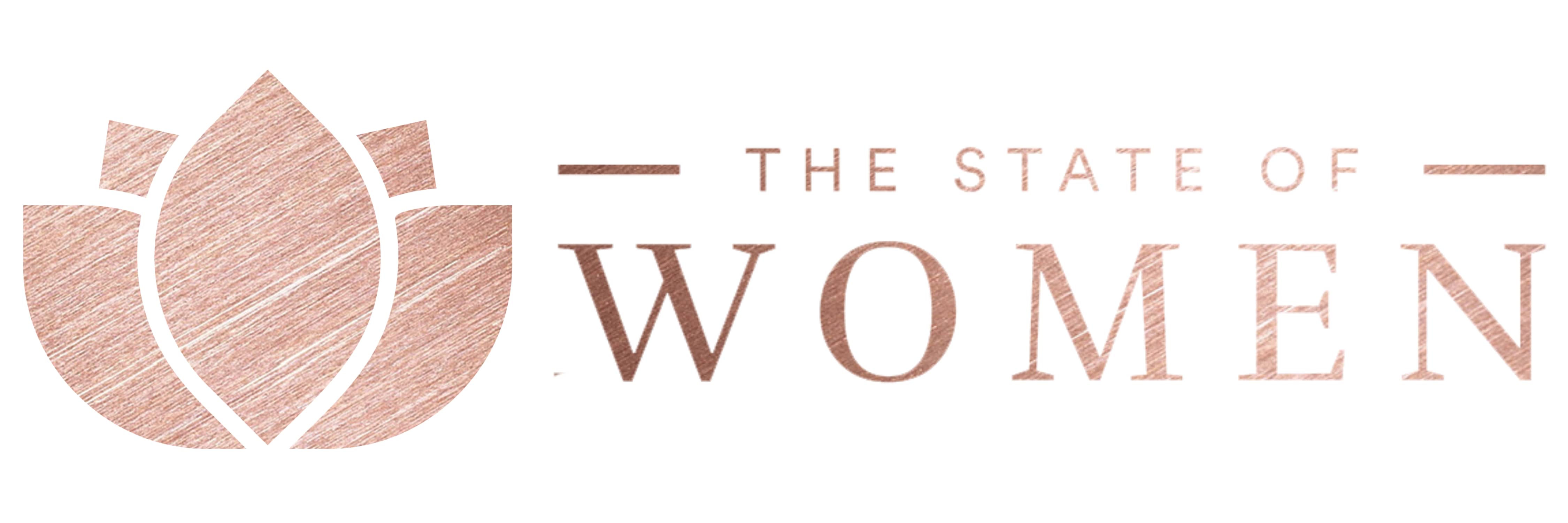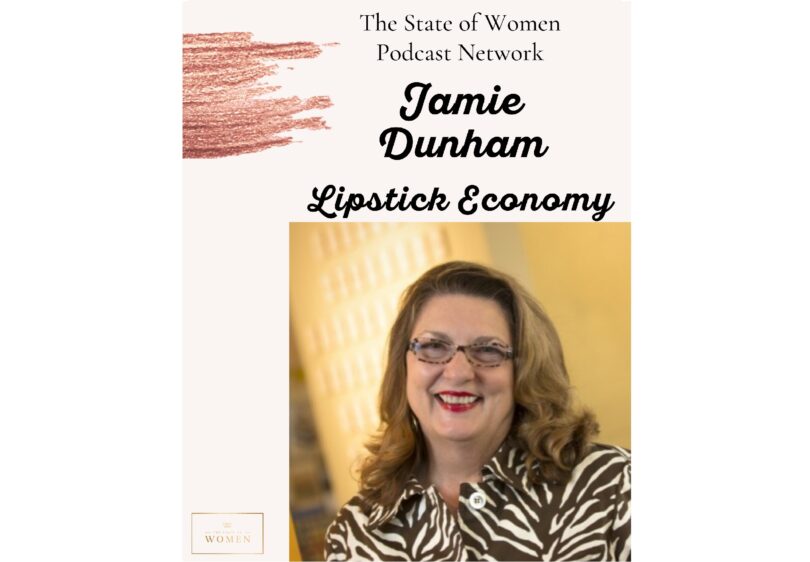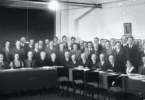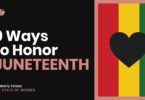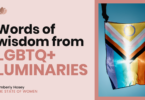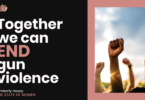Jamie Dunham; a brand strategist, marketing consultant, and founder of Nashville-based branding agency Brand Wise; moved from a past including journalism to marketing many years ago—but she never really stopped reporting. Her work in marketing highlighted the fact that women, though they make up 85% of consumer purchases, are routinely ignored in advertising, with 90% saying companies fail to understand their needs. Soon, Dunham found herself researching and reporting, now on marketing to women through the Lipstick Economy podcast.
The podcast, while on a brief hiatus until later this fall, is already full of insights about the misconceptions of marketing to women as well as strategies and people working to change the way we sell to women.
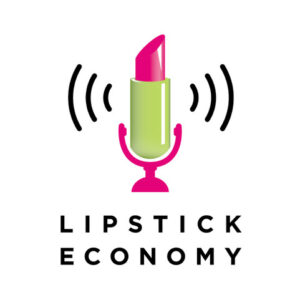 Her company hosts Red Letter Day, the only event centered on marketing to women in the South, which held its fifth conference in August. After the 2019 meeting, Dunham said, the idea for a podcast began to take root.
Her company hosts Red Letter Day, the only event centered on marketing to women in the South, which held its fifth conference in August. After the 2019 meeting, Dunham said, the idea for a podcast began to take root.
“We always talk about new types of marketing and podcasting was one of our panels,” she said. “The more we talked, we thought that we should try our hand at podcasting. Interviews and research interviews have always been part of the work I do for clients, so the interview style podcast was a natural for me.”
Together with Melinda Hudgins Noblitt, brand marketing manager at Asurion, and help from engineering partners, Lipstick Economy was born. Thirty-six episodes later, Dunham is more immersed in podcasting than ever. In addition to her own show, she produces a healthcare podcast and has helped a nonprofit organization launch another podcast.
Dunham was surprised at the lack of focus on marketing to women when she first started her journey.
“[We represent] 108 million adult women in the US who make buying decisions for themselves and their extended family,” she said. “Wouldn’t you think there would be more research on what information women want to hear from brands? But so often, women are relegated to a demographic, not taking into account the emotional and cultural relevance of a brand.”
They hope that their stories will help highlight marketers who get it right—debunking misconceptions and helping other marketers make a difference in their marketing and in the lives of women.
“We interview everyone from the marketing person for a professional football to a mural painter,” she said. “It allows for marketers to expand their ideas about what constitutes marketing and how best to approach similar marketing challenges. It also exposes myths and stereotypes about target audiences that have traditionally been male-dominated.”
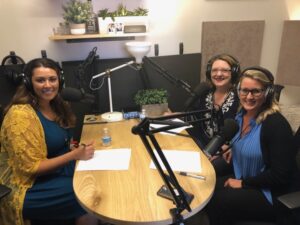
True to the spirit of collaboration and valuing experience and expertise, Dunham and Noblitt turned to a team of supporters to help the podcast get off the ground and succeed. An experienced podcaster offered advice on the show’s formula, Noblitt’s husband put together the music, and her own marketing talents informed the show’s logo and marketing strategy. The last year broadened the pool of guests with online interviews, expanding the scope of the show to include even more experts and diverse voices.
Dunham said her favorite part of the show is telling—and learning—stories. Turns out, there are fascinating tales behind brands.
“A recent guest told us the story of their new whiskey brand Uncle Nearest, which was named for the man who taught Jack Daniels how to make whiskey,” she said. “Another, an art dealer, told about how she reinvented her business after her studio was bombed on Christmas Day. Another told about how important relationships with influencers have been to their business.”
While they’re telling stories, the podcast has been creating its own: an ongoing conversation and group of professionals with valuable perspectives.
“While all these great stories are being told, I have also noticed that we are creating a community of really interesting marketing individuals. That’s a nice byproduct that I didn’t think about at first,” she said.
For those considering starting a podcast, Dunham advised being honest and clear about where their talents lie and focusing on that.
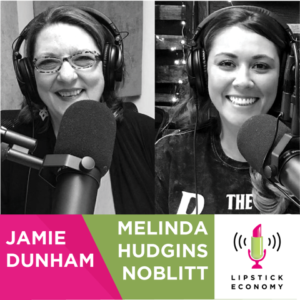 “I see so many people who want to run out and buy some snazzy microphone or podcasting equipment,” she said. “My time is best spent on the best content, and then I leave the technical to someone else.” She also emphasized the importance of marketing a podcast.
“I see so many people who want to run out and buy some snazzy microphone or podcasting equipment,” she said. “My time is best spent on the best content, and then I leave the technical to someone else.” She also emphasized the importance of marketing a podcast.
“Podcasts don’t grow themselves.”
Ultimately, Dunham said she hopes the podcast will help listeners and clients think about marketing from a new perspective—something she said is already happening, as new episodes will branch off when a client listens to the show and decides to try the strategies for themselves.
As feminists, storytellers, and professionals passionate about connection; Dunham and Noblitt most want their work to influence “marketing to reflect today’s woman.”
Find the Lipstick Economy podcast at LipstickEconomyPodcast.com as well as on The State of Women Podcast Network, and connect with them on Instagram at @lipstickeconomypodcast.
